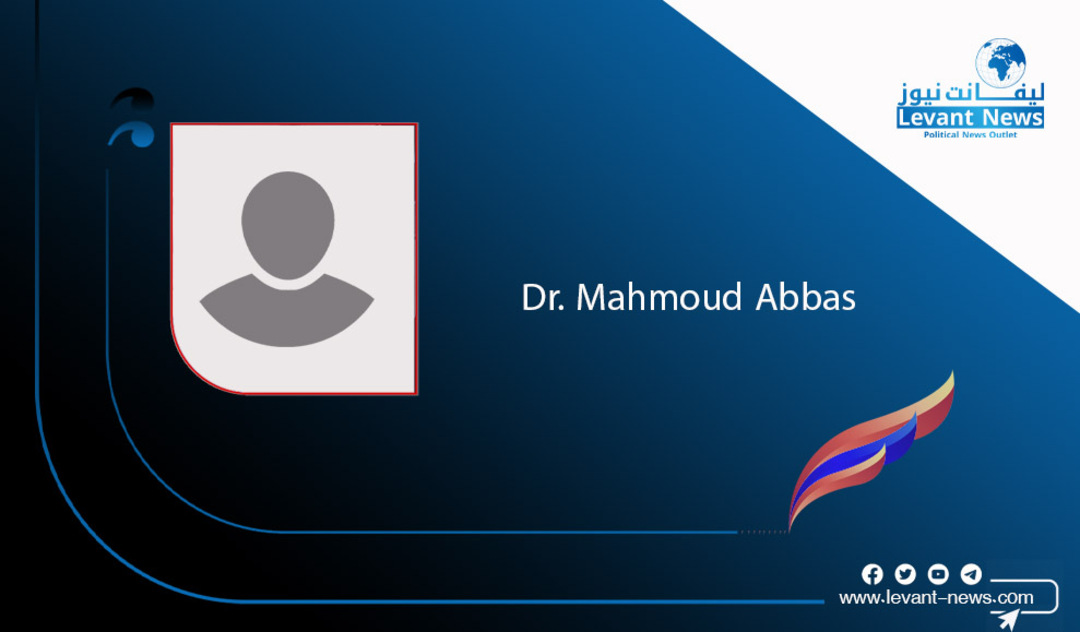-
Thomas Barak and the Secret of Postponed Middle East1/2

Statements by Thomas Barak, the U.S. Special Envoy to Syria, are not the man, who had been evading disclosure and delaying statements for some time, is now gradually revealing the threads of the long-term U.S. strategy in the Middle East—particularly regarding the Syrian file, the Kurdish issue, and the complex relationships between the Autonomous Administration of North and East Syria, the Syrian Democratic Forces (SDF), and the transitional Syrian government.
This delay in revealing the plan was not coincidental. Washington, it seems, chose to postpone confrontation with some regional actors—especially Turkey—until after resolving more urgent files: Iran and its proxies, and balancing within Iraq and Lebanon. This postponement was not weakness but a tactical necessity aimed at absorbing Turkish escalation and distracting Ankara through fictitious channels of understanding, until the final scene Washington desires is stabilized— not the scene Turkey attempts to impose as a fait accompli.
Turkey, in turn, was not naive about this American delay; it moved with political cunning, driven by fears of losing influence. It pushed forward projects of "administrative Turkification" and the creation of parallel economic, educational, and security systems within northern Syria, attempting to control Syria from a radical Sunni vantage point, and re-circulate extremist groups to serve as a shadow government, ready to be presented if the international community trades the Kurds or federalism for other interests. Such a government, if ever established, would be a new nightmare for the region and a direct threat to Israel’s security, as well as to the security of the United States and the European coalition behind it.
This pushed the United States to rekindle the Kurdish cause, placing the Kurdish Workers’ Party (PKK) conflict with Turkey at the forefront—a broader framework for regional peace in the Middle East. However, Turkey quickly realized that this was not a traditional peace process but rather its forced involvement in a geostrategic plan redraws influence maps and re-layouts the geopolitical Saadism (Sykes-Picot).
To avoid the wave of upcoming changes, Ankara hurriedly accelerated direct and indirect negotiations with Abdullah Öcalan through a delegation from the Equality and Democracy of Peoples Party (Dİdar Party), with the participation of the Turkish Parliament, represented by Vice President Proven Buldán. Indications suggest that a specialized parliamentary committee will be formed to review the constitution and tackle key issues, in an attempt to absorb internal and external pressures and block the major scenarios beginning to knock on Turkey’s door—scenarios that won't wait long before becoming an imposed reality.
The narrative that U.S. support for the SDF aims at "internal change" in their structure or leadership is merely a superficial reading indicating a lack of understanding of strategic alliance dynamics. As American circles have repeatedly affirmed, the SDF remains the most reliable field partner in Syria and the most cohesive supporter of the future Syria concept—far from the faltering power and opposition duality. Continuity with the SDF is not just military support; it’s a message to the Syrian interior that the legitimate future authority will not be imposed from extremist platforms, radical Islamist organizations, or racist Arab groups, but from a decentralized consensus protecting everyone.
Hence, the importance of Thomas Barak’s recent statements, openly highlighting the catastrophic nature of the Sykes-Picot agreement not as a historical event past but as a continuous root of the
His language was more cautious to avoid offending traditional allies, particularly Turkey. Yet, it was sufficient to be read carefully by all concerned: Sykes-Picot was not designed for the benefit of the peoples but to please empires. Today, as Turkey wavers, Iran’s influence in Syria diminishes, and Russia recedes from the scene, the United States, through its local tools, begins to redraw the contours of a new phase emerging from the ruins of old maps with new partners, foremost among them the Kurdish movement, along with the SDF and the Autonomous Administration.
To be continued...
Dr. Mahmoud Abbas
You May Also Like
Popular Posts
Caricature
opinion
Report
ads
Newsletter
Subscribe to our mailing list to get the new updates!




















